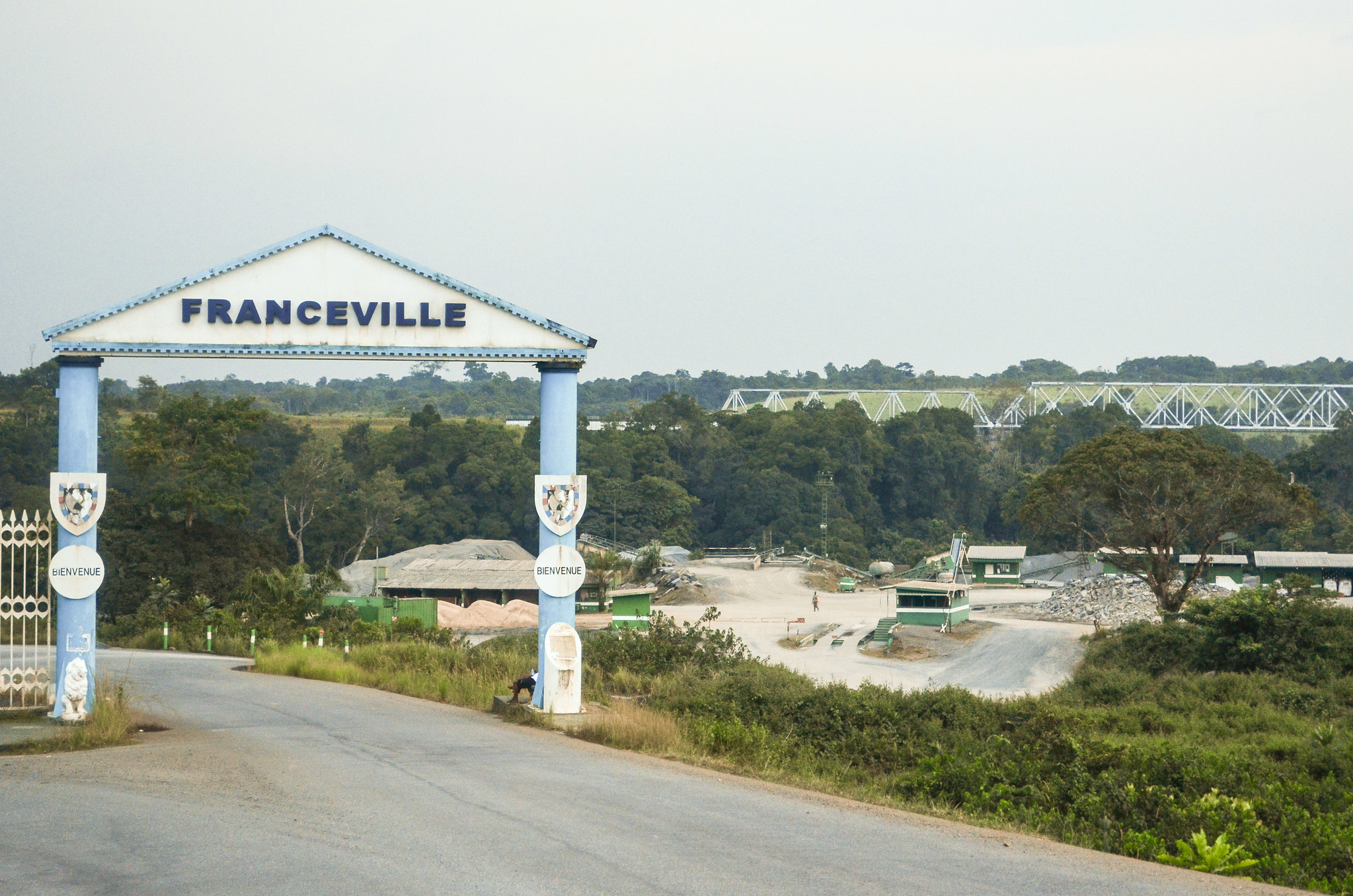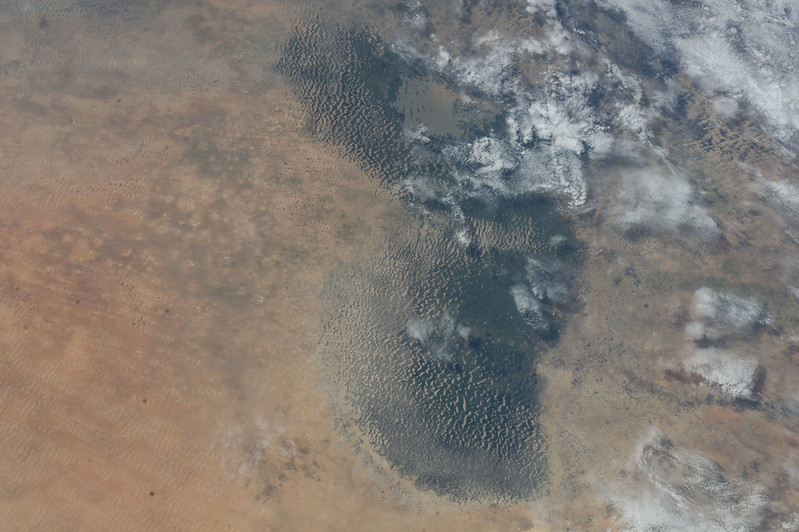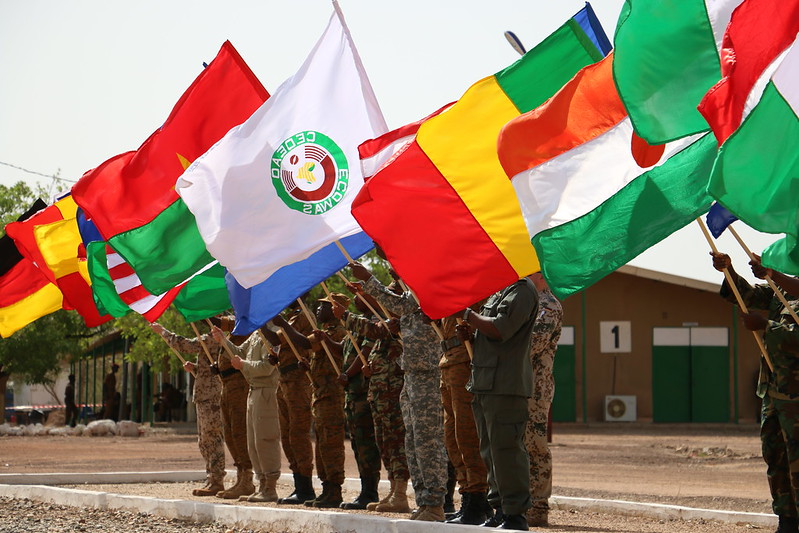Countries across Francophone Africa can use the geopolitical competition for influence in the region to their advantage and earn themselves a better deal, writes Etienne Lock.
Countries across the world are jostling for influence in Africa, particularly in Francophone Africa where post-colonial structures are coming under increased criticism. Africans can use this to their advantage and play competing countries off against each other to secure their own long-term objectives and interests.
Africa in the current geopolitical competition
Across Francophone Africa, the youth of the region are calling for a new wave of decolonization. In this competition questioning the priority of France in its former colonial territories, Africans are summoned to choose a camp, a privileged partner or even a new master. This situation which seems to ignore that Africans can have their own interest is explained by the very nature of the postcolonial state in Africa.
The inadequate decolonization resulted in political entities presented as independent, yet eager to welcome in the influence of foreign powers under the guise of cooperation. Decades of such cooperation have not alleviated poverty and political grievances. Postcolonial agreements signed by former French colonies put them under the remote control of France. The deals give France priority over the exploitation of raw materials and easy access to African markets through its valueless CFA franc currency.
The promise of decolonization was never met. It left Africa with failed states unable to satisfy the basic needs of their people. For many young people, it has now led to view a perilous journey across the Sahara Desert and the Mediterranean Sea as a better option than staying at home. Hence the youth facing up to the current African reality: they not only oppose French influence but also criticise their domestic political regimes.
Promoting Africa’s interest
The competing interests in Africa offer Africans the chance to play the global powers off against each other to get the best possible deal. They no longer need to be exclusively dependent on any single foreign power or group. For instance, the BRICS group (comprising Brazil, Russia, India, China, South Africa, Egypt, Ethiopia, Iran, and the United Arab Emirates) now offers a viable geopolitical alternative to the Bretton Woods institutions such as the World Bank and International Monetary Fund.
Africans should then avoid taking sides. Cooperation with the US for instance no longer needs to involve a subjugation to the American worldview. Likewise, any cooperation with China or Russia does not need to require total agreement with the world order promoted by either of those countries. By maintaining multiple partners in competition with each other Africans can get better terms on any deals.
The starting point for Africans here is the definition of their own interests. Although this should be aligned with the distinctiveness of each people and each country in Africa, there are some commonalities justifying the same fight for a common goal. In Francophone Africa, these common factors include the shared history of French imperialism, the dire consequences of cooperation with the French economy, and the impact both have had on their politics. From these, it is necessary to take action against a domination tool like the CFA franc. The tactic would be to avail the current weakness of France in Africa, to initiate a united front against the CFA franc leading to the creation of an African currency.
It is also important in this context to consider domestic forces, and natural and human resources. Any alliance with a foreign country must become an opportunity to exploit those resources for the benefit of Africans. The current competition offers Africa the opportunity to overcome its status of a mere import-export enclave for raw materials and manufactured products from elsewhere. For instance, uranium from Niger should no longer remain the fuel for France’s nuclear plants only, while Niger itself lacks electricity power. The priority here should be that the resources first benefit Africans, relying on the expertise and technology that can be acquired from any of the countries able to provide it.
It would also benefit Africans to reorient the trade of natural resources in priority toward the continent, instead of external markets. Prioritising African markets will create a scarcity of African products in international markets, leading to the opportunity for Africans to have leverage on prices.
The geopolitical competition for influence in Africa provides the countries of Francophone Africa an opportunity to meet their own strategic interests. The realisation of that should mean they are now better equipped to negotiate than the last time a foreign power came knocking at the door in search of a deal.
Photo credit: U.S. Institute of Peace used with permission CC BY 2.0 DEED





